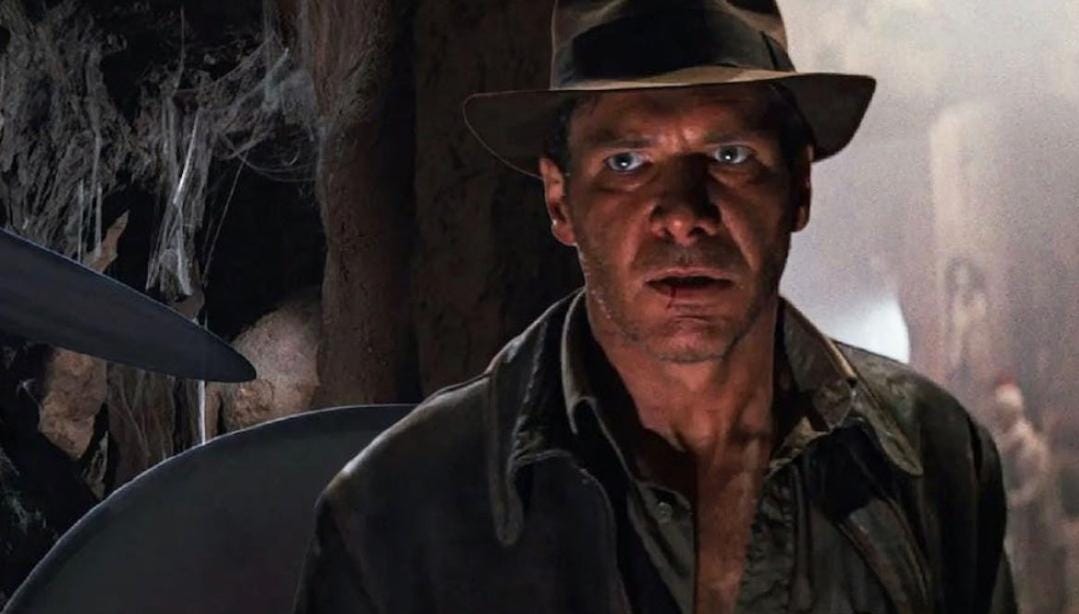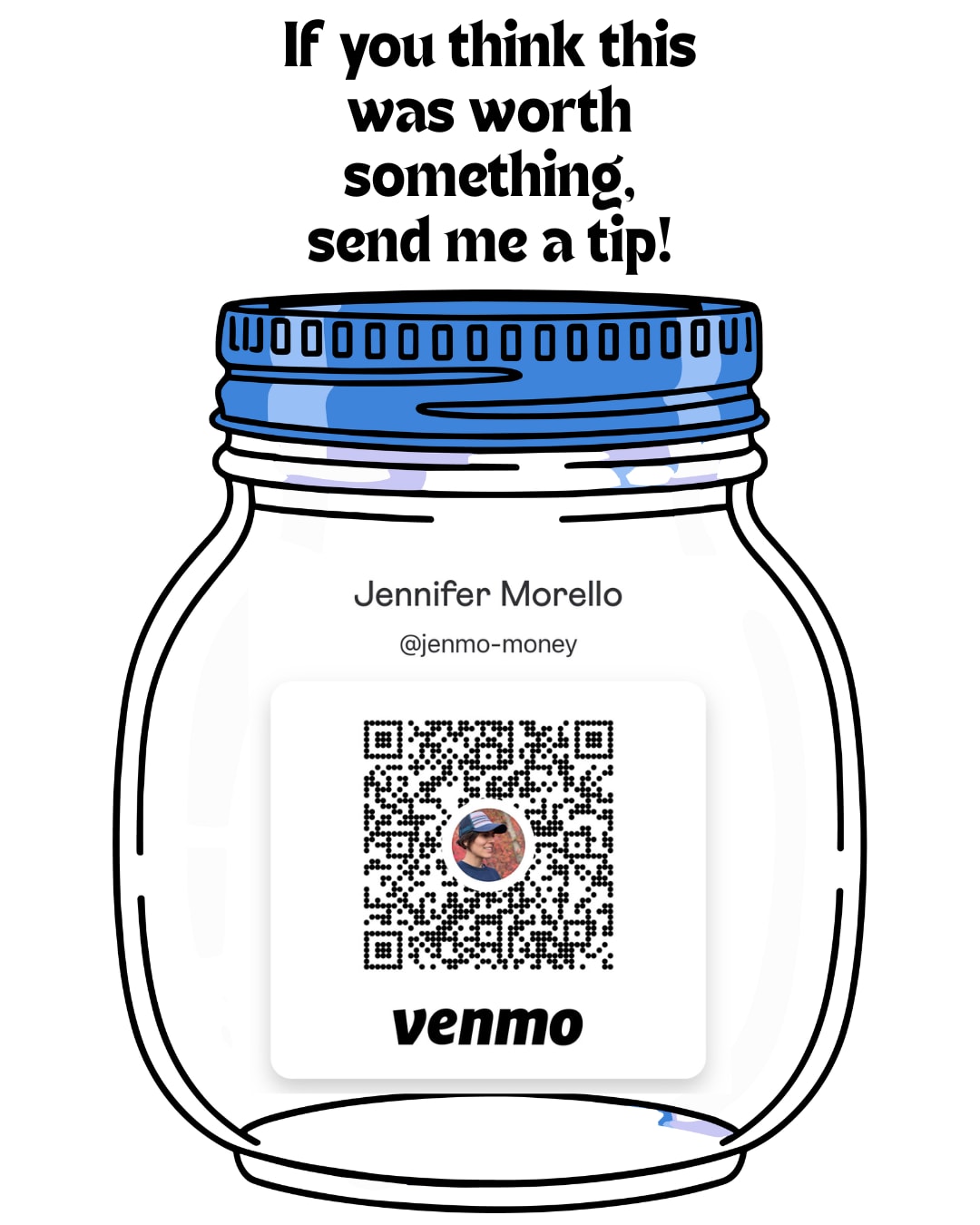Grief Processing
pls stand by
Write hard and clear about what hurts.
—Ernest Hemingway—
A friend who’d moved out of state was in the throes of new friendmaking which, as anyone who has tried will tell you, can be a challenge, especially when you’ve already had a taste of close friendship. One is not so easily satisfied. Finding a casual acquaintance? Easy. Someone you can really go there with? Not so much.
To share is to bare and it’s a risk. Those who’ve done it know what it takes and that it’s worth losing what’s at stake. They know that it takes a very particular combination of difficult-to-procure ingredients that must be combined and tempered in just the right amounts at just the right time. Trust. Safety. Courage.
Kind of like polyjuice potion in Harry Potter. Harry, Ron, and Hermione had to steal special ingredients, make it in a toilet, and could not be hurried as it took at least a month before it was ready. Even then, due to the inherent complexity of the requirements of the spell or her unique observance of detail, Hermione was the only one intellectually capable or meticulous enough at the time to actually do it.
It could be that not everyone is up to the task of going there. Sometimes if we throw out a line, there are very few bites. “Meet them where they are” is a phrase I hear a lot. I would love to read Harry Potter told from Hermione’s point of view, and how she felt when, despite her best, most capable efforts, she turned herself into a cat.
Friendship is even more finicky and protracting, but once you can somewhat lock it in, confidently achieving the correct balance allowing you to relax into it and partake, it turns to gold. This is why it’s so precious.
My friend told me,
“In an effort to take it to a deeper level with people, I find myself wanting to ask new friends, Sooo…what makes you sad?”
I loved it, of course.
So, like, what makes you sad?
What do you grieve?
How would you answer this? Could you?
My possible answer:
Well, let me see. I grieve a great many thing on this shadowy, bramble-laced, highly unpredictable path of life. Some of them are pin pricks, stirred up by memories or events that trigger. Some pin pricks have been dulled, whether by time or the work done toward reconciliation.
Others still are deeper cuts that I have managed to bandage properly as I stumble along. Or bigger daggers that plunge unexpectedly upon stimulus. Like Indiana Jones walking through a gauntlet in disguise, a simple step of the foot setting off a booby trap of knives suddenly slicing through the air. Though I had no clue of their presence, I must somehow try not be caught unawares or hope with blind luck I am not in the wrong place at the wrong time.
But that is folly. I wish I were better at this, predicting it, anticipating the waves. “I’m supposed to be an expert here.” Which is probably how Dr. Jones felt. “Why am I here…again?” As he continued to find himself in yet another booby-trap and kept his guard up for any swinging blades or repeating instances of the wrenching of his heart.
They can strike and hurt deeply and then we must move toward re-healing, a very slow, repetitive and annoying process. Why doesn’t he learn? Time to implement some safeguards, you might say.
All of these are precious to me and very tenderly I can name them. I could, in theory, give someone a laundry list of what I might consider typical anguishes, run of the mill melancholies, standard sorrows. Basic bereavements. What Jane Eyre and Mr. Rochester might call my “common tale of woe.” These are easier to describe.
Then there are the ones of a special and compounded variety. Daggers I’ve never even heard of that have been very specifically assigned to a personalized, monogrammed target, carefully measured and permanently plunged. And never to be removed. So I go about my life working around them, deeply set in. Maybe you know this kind of grief, have experienced your own varietals that go yet unnamed. Maybe you look down at your chest and see that it’s still there, day after day, year after year, slowly becoming a more permanent part of you.
Maybe there are times when you are so acutely aware of this protuberance jutting out of your chest that you anticipate having to go about your day apologizing for its interference to the comfort of others.
And though we might know inside exactly where and what it is (being difficult to ignore), we are not yet ready to give it a name, because if we do, inherent to the demands of being human, we risk disturbing the blade that is somehow simultaneously wounding and keeping us alive. Maybe we are afraid that to give it utterance, in pulling out the dagger, we might bleed out entirely.
Those who know, (and everyone will) know that grief never leaves you. It’s here to stay. I’ve had to grapple with this many times. How often do we wish to skip to the end of things? Bypass the process. Circumvent the pain. But I’ll say to you/me what Haymitch Abernathy said to Katniss who just wanted to get to the end of her ordeal in The Hunger Games,
“Girl, wake up. This trip doesn't end when you get back home. You never get off this train.”
I heard grief described as becoming a kind of second life. Maybe lived simultaneously, privately. We spend our whole lives getting to know our grief like a new appendage of which we stumble along trying to learn the purpose.
Or maybe it’s one we fashion? After so long, at least for me, it begs to be translated, reworked and repurposed.
Here’s something about resurrecting pain and turning it into purpose:
”You gotta resurrect the deep pain within you and give it a place to live that’s not within your body. Let it live in art. Let it live in writing. Let it live in music. Let it be devoured by building brighter connections. Your body is not a coffin for pain to be buried in. Put it somewhere else.”
-Ehime Ora
It’s a nice idea. I love the concept of making pain purposeful, turning it from a wrench to enrichment. It’s what beauty is. And I know if kept buried, it affects and is attached to the body in all kinds of ways, causing all kinds of problems.
And yet.
What of the heart?
When we’ve extricated and reassigned the pain, what will be left of it? And the likely re-wounding that occurs?
Tony Stark, aka Iron Man had an electromagnet inserted into his chest to keep the ever-threatening shrapnel from reaching it which sounds strangely relatable. But he decided it was no way to live, so he simply created a new element to completely obliterate it. How fine for him.
We want so badly to protect the heart, but maybe bleeding out won’t have the effect we fear when dealing with the blades that be. Maybe there is possibility there to turn what feels like weapons into tools, to find healing in what hinders. To take it, face it, and simply let it exist, and one day turn it into something to walk through, like water. Not to drown in but to draw from.
In some ways, I feel some things will always be eternally, privately, singularly ours and ours alone. I often feel overwhelmed by the idea of trying to explain something I am certain others won’t understand or handle with as much care as I have been made to.
Yet, it must be that we aren’t meant to totally go it alone, and that however longstanding, our grief must be subject to the demands of life as well. To change, evolve. To deepen, to share. What a joke of life to be designed to live it side by side yet never cross-reference, never co-examine or collaborate with each other. To swap stories, ingredients, tried and true tips, substitutions, life-saving hacks. But it’s a difficult, finicky skill to learn and being alone in the kitchen can be daunting.
Maybe asking questions outright is a really good and direct way to go. Can we answer? is the question. And are we sure we want the question answered? Not all of us are ready. And we can only show up in conversations with others to the degree we’ve been willing to go there within ourselves. To share it voluntarily, with no structure set for reciprocation or safety is the kind of wild vulnerability I admire and work toward. To be able to receive it when it’s presented to me by someone who dares is holy work and I am often engaged in a continual effort to prepare myself. Watchful and, I hope, ready.

You’ve heard of gatekeeping a recipe: Someone who refuses to share a recipe because they’ve designated themselves proprietors, perhaps as a way to safeguard their own importance or uniqueness or story or even hardship as it pertains to their identity, and they want to be the one who decides where it goes. It’s frustrating because it’s not like we’re going to try to profit off of it, claiming it for ourselves, or tear it to pieces in front of their face and shout, this thing you protect so fiercely is actually a grand failure! We just want to share in the goodness. But maybe it is very dear to them. Maybe by sharing it, it doesn’t feel as special. Certainly not as controlled.
I have a chef friend who was hired as a business consultant by another chef and owner of a bake shop. But they soon hit an obstacle when the owner, insisting the cornerstone to his business was the uniqueness of his recipes, refused to share them. My friend tried to reassure him,
“I’m not trying to steal your recipes, I just want to know what the idea is so I can help you.”
But he refused and my friend’s help was extremely limited by this reluctance to divulge the specifics.
It was frustrating for my friend because, as a seasoned, highly experienced chef, he’d already been down many relatable paths. He knew the mechanics of cooking, the chemistry of ingredients, the formulae for desired results. So what did this other person think he had a monopoly on? Or that there’s even such thing as a “secret” ingredient that would make so much of a difference, no one else could touch it?
My friend knew it’s more about quality control or freshness of ingredients (I mean, I’m assuming, here. Every time I try to cook, I turn myself into a cat). I’m betting it’s something that’s been done very well, that has proven its quality. There’s no fairy dust here.
Maybe in attempt to own our grief, we want to trademark it too. Maybe we even become a little superstitious with the things we let define us. Maybe we assign it as our purpose, as one designated to carry burdens.
I understand the safeguards. I do. And I understand more deeply the circulation of grief and how it’s assigned to the individual and not the masses. How old grief becomes new again. How similar circumstances shared by others can be experienced very differently, and it takes on new meaning over time as the cycle of recurrence and resurfacing or reshaping is unique to each person. No two grief experiences are the same. It’s ours. We earned this. No one else can touch it.
I am learning how to fold mine into my being, not as a thing to isolate or protect or deflect from, but incorporate as a necessary ingredient to my complex make-up. And maybe share it as needed, when it’s ready. Or when I am.
The longer we live, the more dense and complicated the layers of joy, loss, love, and grief. Maybe we gatekeep our grief because we feel sole ownership over it and know quite painfully what it took to endure it to the point of it being ours, to get to where we are, still alive somehow, with its impossible to pronounce name written on the blade. For some our blades our invisible with very real battle wounds still bleeding. How to trust such an obscured, high-maintenance, fragile thing with another?
So this is my answer to the question of “Say, Jen, what makes you sad?” This is what I am able to rustle up at this moment given what I have on hand in process of my own creation, supplied with safety goggles and test tubes, experimenting and categorizing. Maybe the particulars don’t even matter and that it is just to know that for however uncommon they feel, everyone has their version.
There you go. That’s my answer. Today.
p.s. I wrote this a year ago but it feels new. Talk about gatekeeping. Releasing now.






